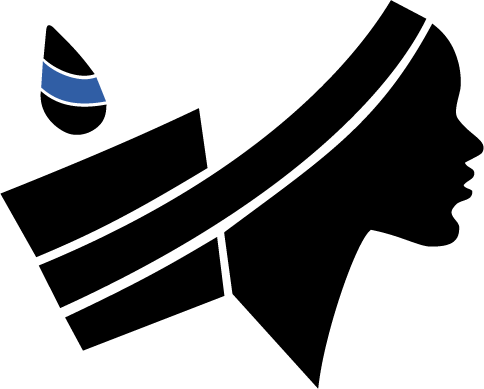Women and Water – The Beginning
Written by: Bridget O’Neill, 2019 Volunteer
It is twilight as we sit with Bimala, the president of the Malta women’s cooperative, on her concrete front porch. Her face is calm, matter-of-fact, as she tells us her story through intermittent plumes of steam hissing from the pot beside her. Her tone is so even that when Prakash relays the story in English, it is almost disorienting. Her family had unraveled in ways she couldn’t have predicted in the time just before the Malta women’s cooperative began.
As the elected leader, Bimala traveled to other villages and met with women across the region. She learned that her that her pain was not an isolated case; younger women in similar situations share their stories with her. The cooperative functioned as a kind of therapy: a new responsibility and a way to forget some of her own pain.
She explains how proud she was to be re-elected: the affirmation of women who wanted her to lead them meant the world to her. It was this community that saved her when she needed it most, and they needed her, too.
Earlier that day, we sat in the newly constructed Malta community center with a handful of cooperative members from the 327-member group. When we asked if the newfound community and the means to have an independent income had changed the relationships the women had in their homes, the conversation grew heated, voices piling on top of one another in protest. Prakash decodes the Nepali to explain that one woman had said she saw no difference in her personal relationships. The others, Bimala chief among them, had insisted they could see differences in the way she carried herself, the confidence she had earned alongside the money. These women saw her the way she deserved to be seen and demanded she do the same.
The tension subsides and the women are nodding, laughing with one another in a space that is wholly theirs: the community center dedicated to the cooperative that was built by CASD in 2018. We are clearly guests here—Ben, Nicole, Prakash, and I are marked with tikka on our foreheads and colorful scarves and flowers draped around our necks. But the most obvious indicator is not our status as visitors but the sense of ownership these women have over the cooperative and the community center. It is run entirely by elected board members who organize and facilitate microloans for small agricultural businesses; there is a domestic violence subcommittee dedicated to resolving reports of abuse in homes across the village; it is a group of women who insist upon one another’s power and worth.
For the rest of the week, we visit communities yet to have a cooperative—a reminder that the Malta co-op has been five years in the making—attempting to communicate the opportunity it might provide. In Khaireni, the villagers are waiting for us on the side of the road as we walk up to them, the Jeep abandoned behind a particularly treacherous stretch of the road. Through the fog, the mountainside is carved up into terrace farms, like a tiered cake iced with crops of bright green, or yellow where mustard seed grows.
The women here are initially confused by the idea, but after Prakash’s explanations, they are cautiously excited, and the meeting briefly becomes a brainstorming session for business ideas. They say that after the water pipeline CASD installed in 2017, they grew more crops than they knew what to do with—now, the excess could be sold. When we gather to take a picture at the end of the meeting, the woman next to me squeezes my hand.
It is hard to communicate how much these cooperatives can accomplish without seeing it—this is clear in the hesitant enthusiasm we saw in subsequent meetings, it’s clear to me after meeting the women of Malta and seeing the community they’ve built. The cooperatives are a way to boost the economy of a village and to do it at the hands of the women, who too often do much of the labor with little of the reward. The collective economic improvement these cooperatives offer is vital, but what I will remember is the woman in Khaireni squeezing my hand and sitting on Bimala’s front porch.
Women and Water is more than a microfinance project. It is a commitment to believe in and empower women; from there, they will be the architects of their communities—they already are.
